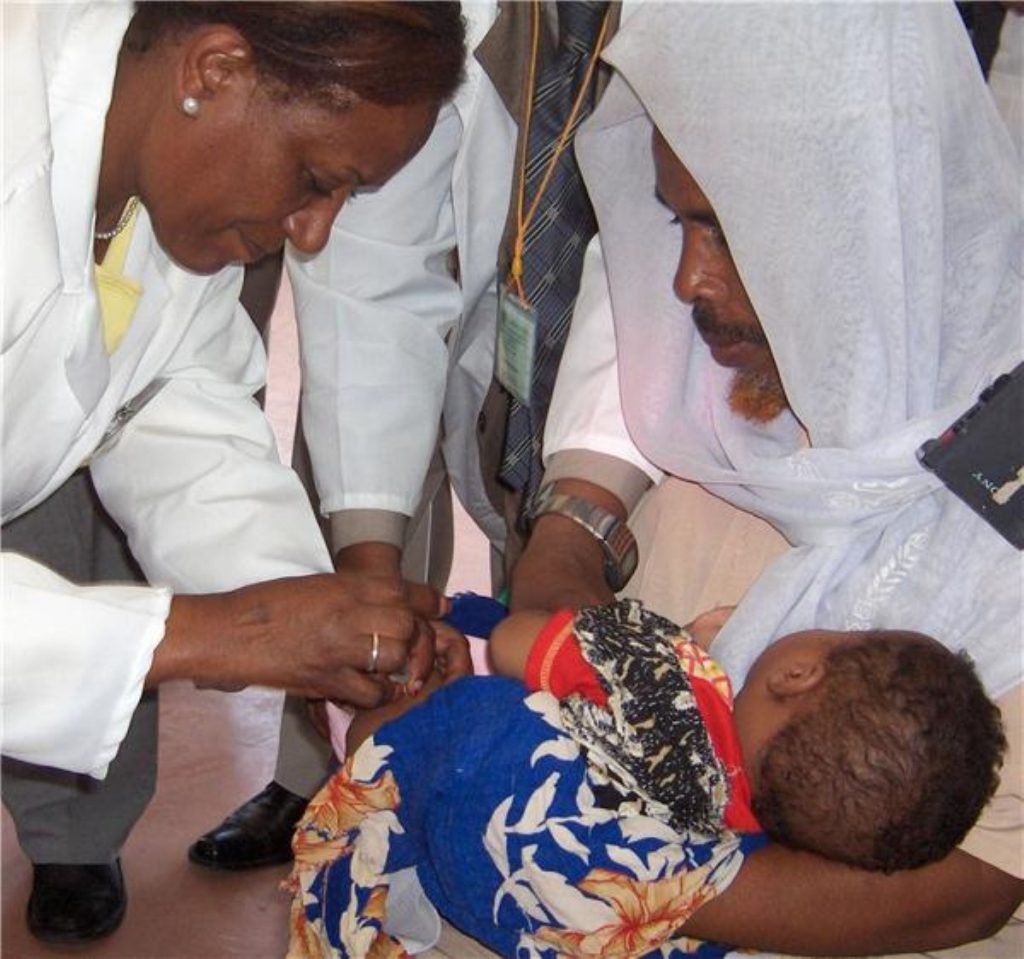A year ago this week, I remember the excitement as Margaret Keenan became the first person in the UK – and the world – to receive a dose of the Pfizer-BioNTech Covid-19 vaccine. The euphoria I felt last Christmas about the potential of this remarkable scientific achievement has been followed by a year of bitter disappointment about the failure of international cooperation to deliver a fair or effective response to the pandemic.
This festive season, the Omicron variant is an unwelcome but unsurprising development. For months, epidemiologists have been warning that the fact that billions of people around the world are still unvaccinated is likely to lead to dangerous new variants emerging. Whether it was on the response to refugee flows, or funding to help developing nations cope with climate change, 2021 has been a year in which self-interest by the rich world has repeatedly trumped global justice.
The fact that only 3% of people are vaccinated in low-income countries compared to more than 67% in richer nations is the result of a retreat into self-defeating nationalism. Richer countries including the UK have pushed to the front of the queue and hoarded doses. We have shamefully allowed a handful of pharmaceutical companies to dictate prices, how many doses are produced and where they are sold – despite their research and development being supported with huge amounts of taxpayer funding. Above all, we have seen self-interested competition, not the collaboration a shared global threat requires. Yet this self-interest is deluded – no matter how high a ‘vaccine wall’ we build domestically, it remains full of cracks until everyone, everywhere is protected.
Global Britain could show it is willing to act like a global citizen by working with other G7 nations to keep promises to


We see the same head-in-the-sand behaviour on other issues that simply cannot be solved in isolation. Just look at our treatment of refugees.
The UK’s political response to people attempting perilous boat journeys to reach what they believe will be a place of sanctuary focuses on trying to seal tight our borders. It is absolutely heartbreaking to see families dying in icy waters in their attempt to build new lives. Until we address the root causes of why people are fleeing home – such as war and conflict, grinding poverty, and discrimination for being themselves – and work with others to offer safe havens, investing in policing the Channel is just not going to work. We urgently need to expand safe and legal options for desperate people who are seeking protection.
Last month at COP26 we saw an attempt to reach international agreement on the biggest global threat of all – the climate crisis. There was some welcome progress, for example on tackling deforestation, some countries pledging to kick their fossil fuel habit, and Scotland’s groundbreaking move to allocate ‘loss and damage’ funds to help poorer nations deal with the irreversible consequences of climate change. Yet too often we saw national agendas trump fully living up to global responsibilities, or even enlightened self-
We can and must do better. Richer nations who have done most to cause climate change owe it to poorer countries to provide funding for them to cope with climate breakdown that is already making homes uninhabitable and land unfarmable. Everyone – especially the biggest emitters – needs to make their fair share of cuts. The oversized emissions of the wealthiest 10% of the global population alone could max out our 1.5°C carbon target in the next nine years.
We in the rich world cannot insulate ourselves from the impacts of the pandemic, climate change, or migratory flows. No walls can stop new virus variants, extreme weather or increasingly desperate people. In the face of these collective challenges, it is time for our leaders to come together for the common good. All of our fates depend on it.









